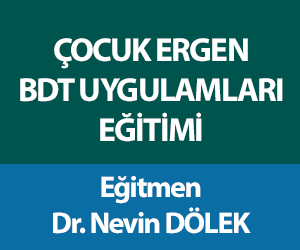Positive Sterotypes Help Women’s Performance

In a new study, cognitive scientists have shown that when aware of both a negative and positive stereotype related to performance, women will identify more closely with the positive stereotype.
The finding is positive as women avoid the harmful impact a negative stereotype could unwittingly have on their performance.
The study, led by Robert J. Rydell, assistant professor in the Department of Psychological and Brain Sciences at Indiana University, focused on women and math ability.
While studies — including this one — have shown that women will perform worse on mathematical tasks if simply made aware of the negative stereotype that women are weaker at math than men, this is the first study to examine the influence of concurrent and competing stereotypes, one negative and one positive.
The study also demonstrates how the negative stereotype encroached on working memory, thus leaving less brain power for the mathematical task at hand. The positive stereotypes had no such effect, however, and when coupled with the negative stereotype erased its drain on working memory.
“This research shows that because people are members of multiple social groups that often have contradictory performance stereotypes (for example, Asian females in the domain of math), making them aware of both a positive group stereotype and a negative stereotype eliminates the threat and underperformance that is usually seen when they dwell only on their membership in a negatively stereotyped group,” Rydell said.
“People seem motivated to align themselves with positively stereotyped groups and, as a byproduct, can eliminate the worry, stress and cognitive depletion brought about by negative performance stereotypes, increasing actual performance.”
The study, “Multiple Social Identities and Stereotype Threat: Imbalance, Accessibility, and Working Memory,” appears in the May issue of the Journal of Personality and Social Psychology.









Türkçe karakter kullanılmayan ve büyük harflerle yazılmış yorumlar onaylanmamaktadır.